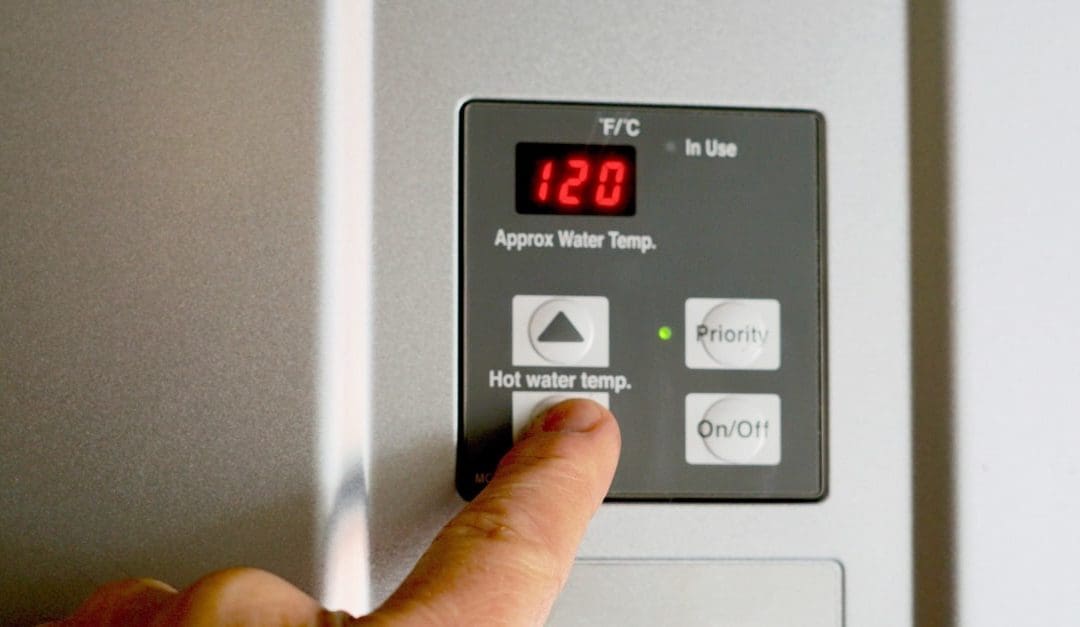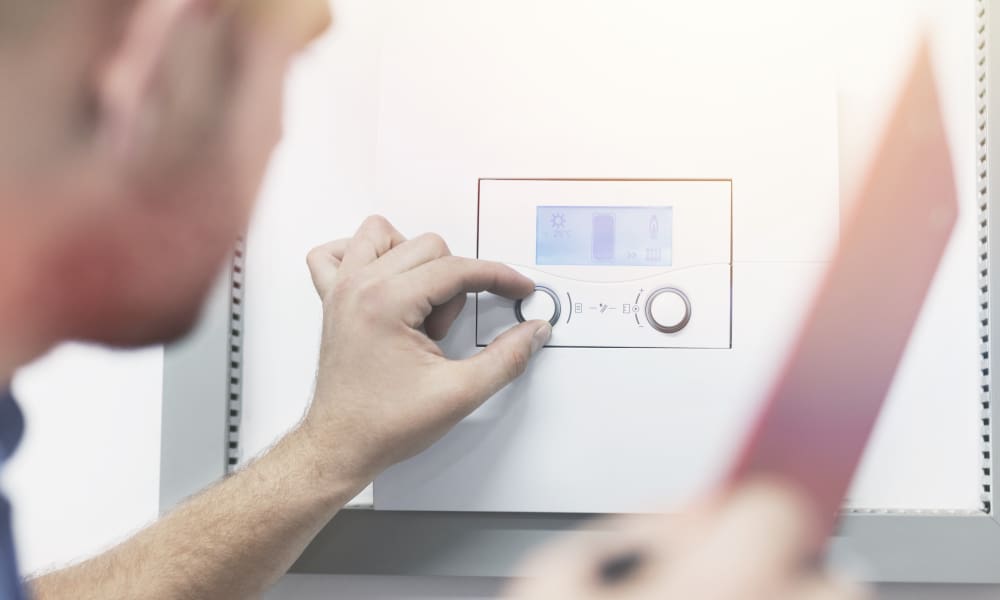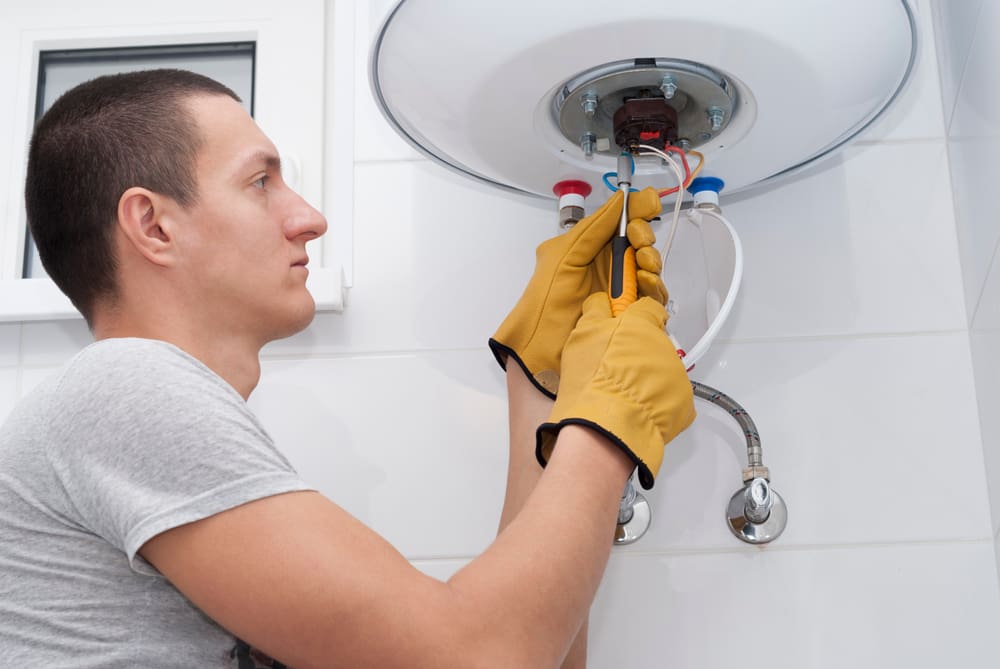
Nov 22, 2021 | Water Heater
Warm water is more than just a luxury. It helps you keep your dishes clean, makes showers pleasant, and ensures that you can do your laundry. If you find yourself without hot water, life around your home gets a little more complicated. Of course, your water heater...

Feb 26, 2021 | Water Heater
Water heaters are essential for today’s modern homes. Unfortunately, they are appliances that also need frequent replacement. Even with regular maintenance, care, and attention, water heaters only last about 10-12 years on average. In areas with hard water, this...

Feb 4, 2021 | Water Heater
Water heaters-like car batteries, offensive tackles in football, and a lighting crew in a theater—are generally not thought of until a problem arises. Homeowners will eventually confront this issue and it is important to know how to spot a faulty water heater and what...




